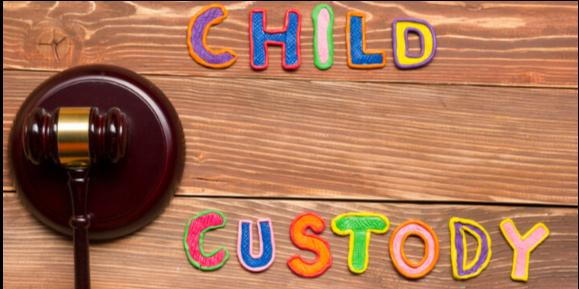
Making a Strong Case for Child Custody
- posted: Jun. 15, 2022
- Child Custody
Child custody cases are often emotionally charged and contentious. Custody disputes involve two issues — each parent’s decision-making authority and parenting time with the child. If the parties cannot come to an agreement on their own or through mediation, any disputed matter will have to be decided by a judge. In that scenario, a parent seeking to increase their custody rights or parenting time must be prepared with a strong case.
Family court judges decide custody issues based on what arrangement will be in the child’s best interests. Parents can help their case for custody by presenting evidence supporting that result. The following are some forms of evidence that could be relevant:
- E-mails and letters — Correspondence between parties can be revealing of parenting abilities. Writings often include admissions helpful to the other party. In addition, written communications sometimes provide helpful context to explain other evidence.
- Schedules — Parents with split custody or visitation should keep a written schedule. They should thoroughly document when the schedule is changed by agreement or when one parent fails to adhere to the schedule. This documentation can be helpful in showing one party’s lack of cooperation or to exonerate a party accused of failing to cooperate.
- Police reports — Sometimes the police have to get involved in disputes. Police reports can be very compelling evidence, documenting the other parent’s misconduct or defending against exaggerated or false reports of child endangerment.
- Report cards — School report cards are indicators of a child’s development and progress. A child’s performance in school is sometimes a measure of his or her emotional well-being.
- Medical records — A child’s medical records are evidence of a child’s physical and mental health.
- Witnesses — Both lay witnesses and expert witnesses can provide important evidence for the court.
- Photos/audio/video — Recordings of incidents related to the care and treatment of a child are relevant if their source is reliable. These recordings can serve to corroborate or challenge witness testimony.
Child custody cases also depend on how effectively the evidence is presented. Anyone involved in such a dispute should seek the advice and counsel of an experienced child custody lawyer. While people have the right to represent themselves in court, this does not usually work out very well. The law and court procedures are complex and confusing. In addition, litigants in custody fights are emotionally attached to the case. This often affects their ability to think and express themselves clearly.
Based in Scottsdale, Clark & Schloss is one of Arizona’s most highly regarded Maricopa County family law firms. We provide our clients with compassionate guidance and diligence with a view to achieving the best outcome in each case. If you have a divorce or child custody matter, feel free to call us at 602-789-3497 or contact us online for a consultation.



